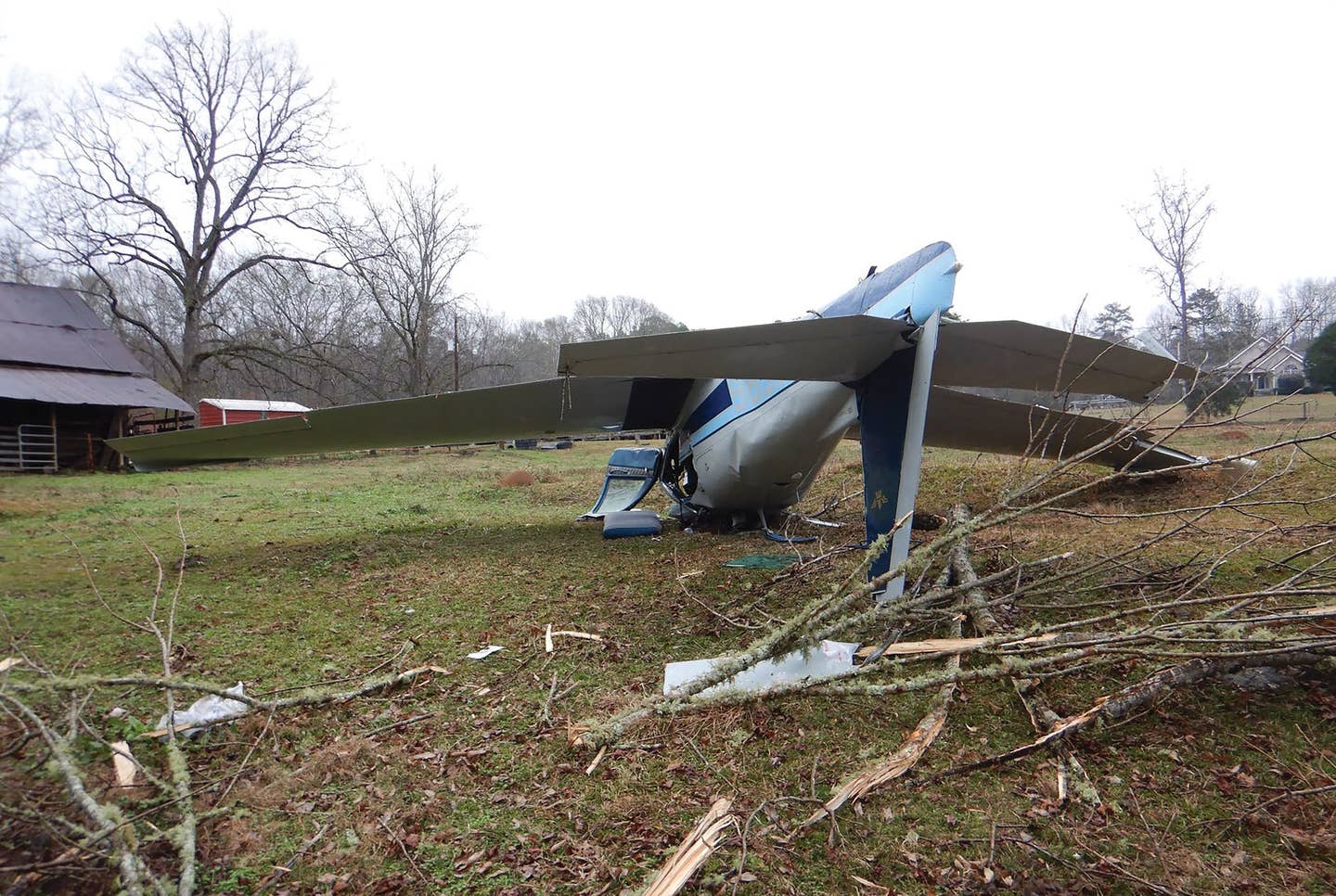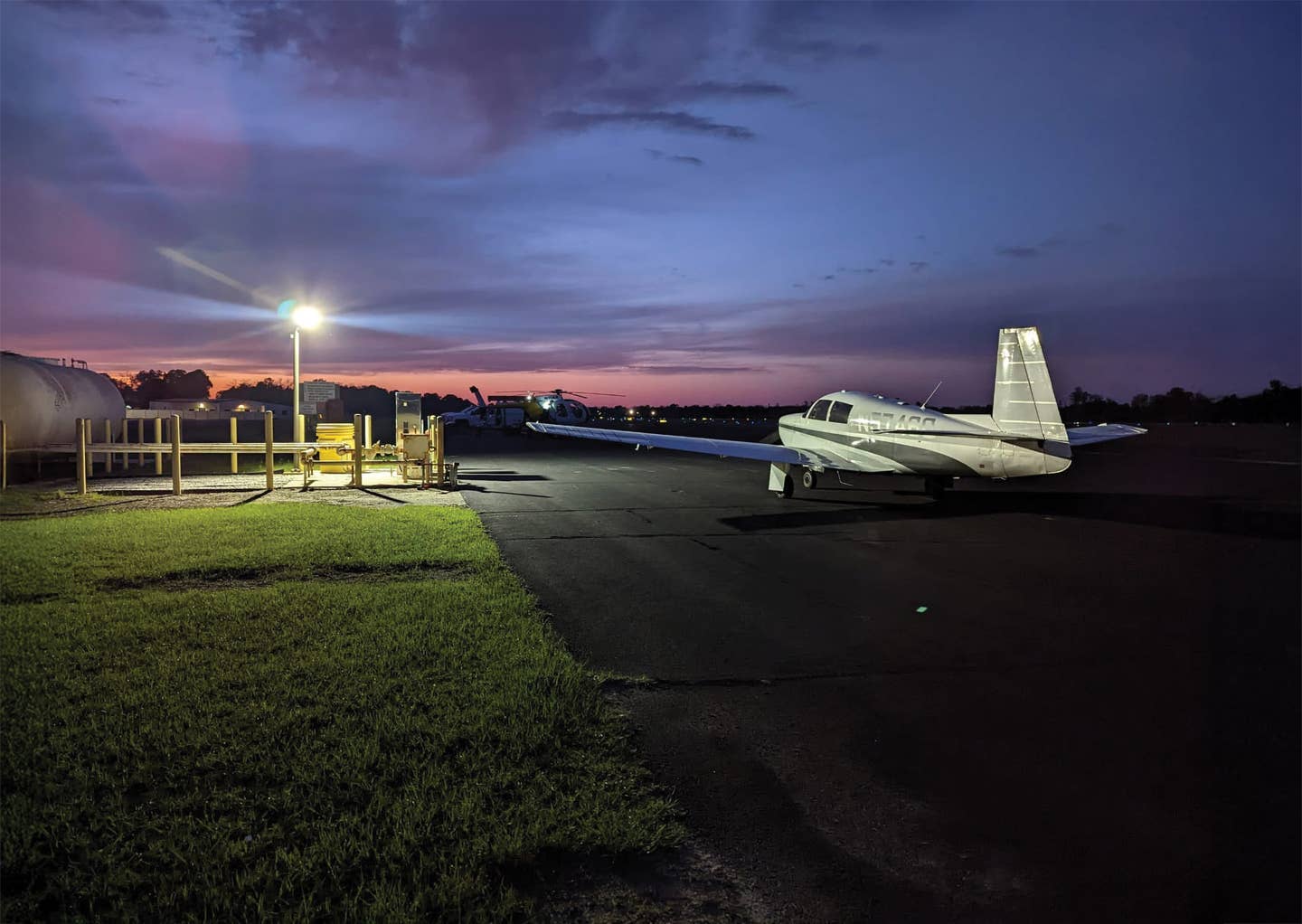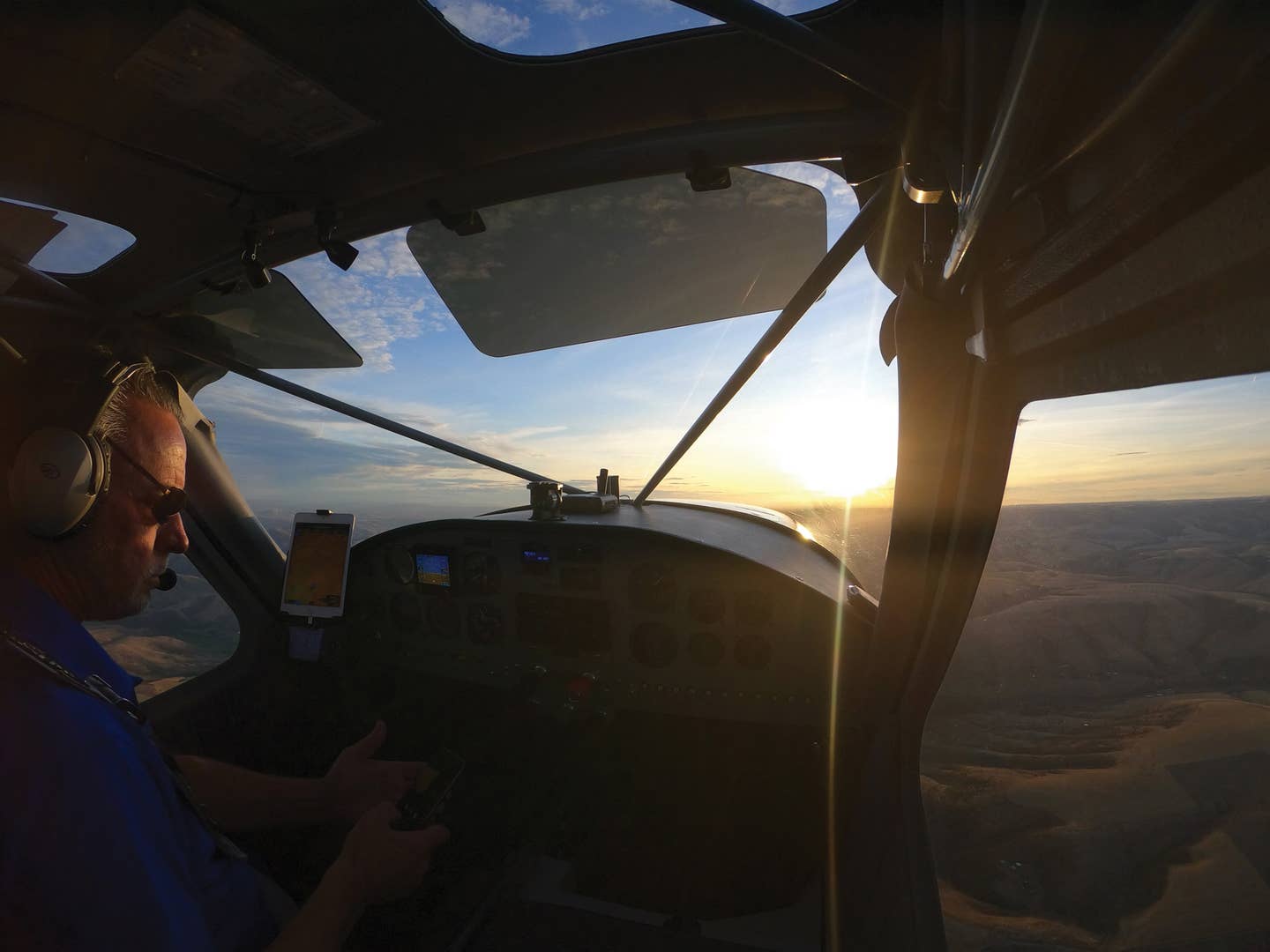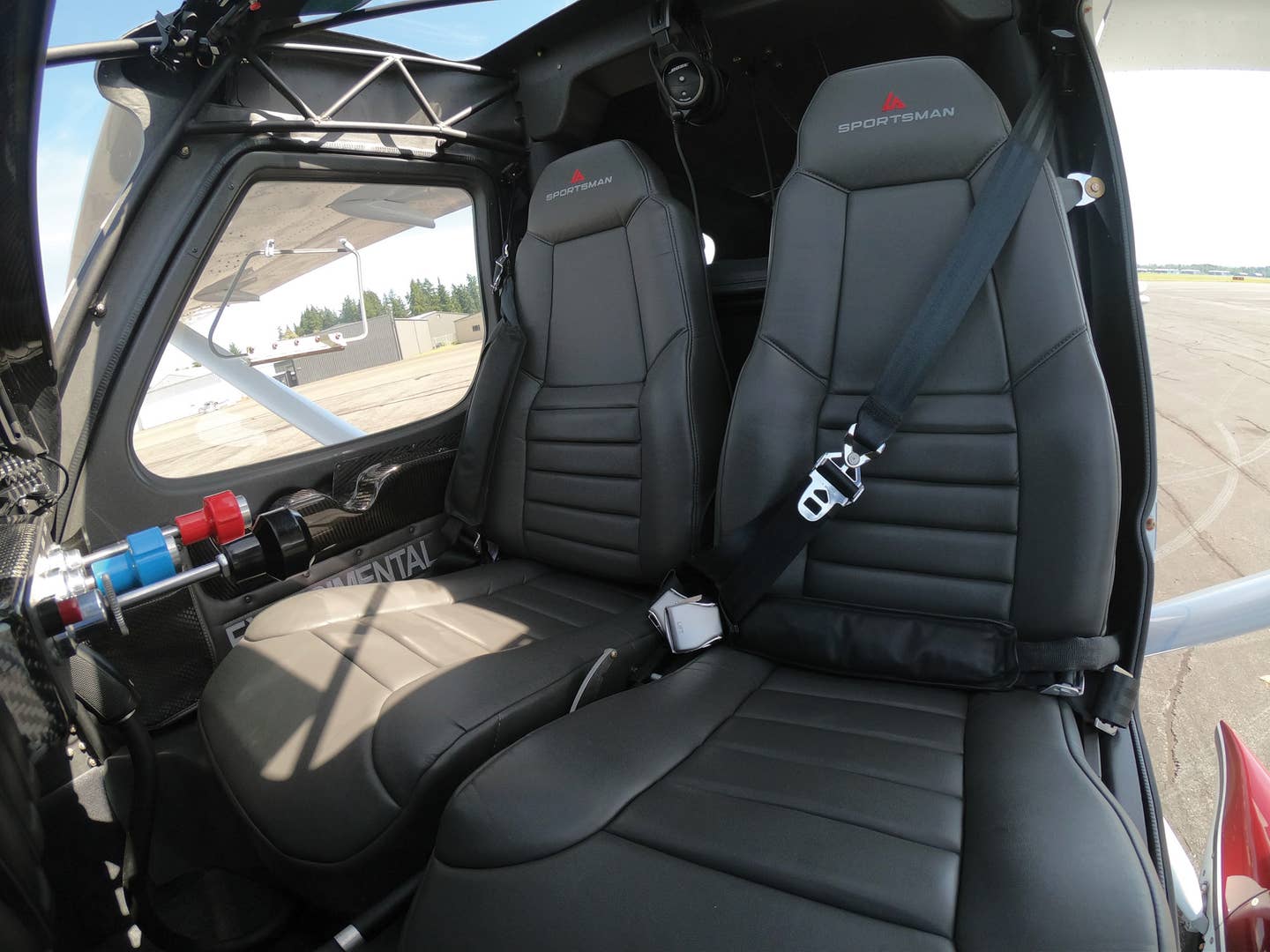Top 10 Amazing Aviation Jobs
These gigs offer great pay and rewarding challenges, along with room to grow and learn. What more could anyone want?
For years, we've been putting together surveys of the top aviation jobs, and over time the list hasn't changed a lot. These careers made it to the top of the list because of their great salaries, worker-friendly schedules, stimulating challenges, potential growth opportunities, and an interesting variety of positions and geographical locations. And to top it off, all of them are likely to be part of growth segments in coming years. In making our calculations, we've also considered the time and financial resources the job seeker needs to get into such a position. And while we tried to get as definitive as possible, please be aware that the salary ranges are approximate, and the upper ranges represent the approximate current typical top salary for such fields. Leaders in their fields and those with management and program management responsibility can earn substantially more.
Subscribe todayto Plane & Pilot magazine for industry news, reviews and much more delivered straight to you!
1. Pilot (airline, corporate, charter, fractional ownership, air taxi, flight instructor, military, test pilot)
Airline pilots begin their careers with the regionals and may move on to the majors; commercial pilots usually have a lower experience threshold before hiring---and commercial opportunities are growing; flight instructors often build time to qualify for another pilot career. Military pilots may see fewer opportunities in the future if unmanned aerial vehicles become prevalent in military operations, but there are almost certainly going to be jobs for those pilots waiting on the civilian side.
Salary Range: $45,000--$250,000
2. Airframe & Powerplant Mechanic
Mechanics must be federally certified and are responsible for maintaining aircraft in airworthy and safe operating condition. They may work with jet or piston engines and airframes constructed from sheet metal or composite materials. The systems of aircraft are complex, and while the working conditions can be physically tough, the subject is endlessly challenging, usually in a good way.
Salary Range: $30,000--$85,000
3. Air Traffic Controller
Air traffic controllers may work in a high-pressure environment and specialize in ground, departure or en route control as they direct the flow of air traffic. A controller must be federally certified, know federal regulations and be able to quickly implement emergency procedures, if necessary.
Salary Range: $60,000--$170,000
4. Avionics Technician
An avionics technician repairs, tests and installs aviation equipment. Such technicians must have a knowledge of electronics, computers and math, and they must possess analytical skills to diagnose equipment problems. Vocational school or two years' training/education is typically required. These days, there are FAA-required systems that still need to go into tens of thousands of existing planes, so avionics techs are in very high demand.
Salary Range: $41,000--$80,000
5. Airline Dispatcher
Dispatchers normally have the authority to dispatch and direct/divert airline flight operations, monitor the progress of flights, and advise flight crews of conditions affecting the safety of flights.
Salary Range: $35,000--$140,000
6. Meteorologist
A meteorologist needs a strong background in advanced math and physics, and an ability to interpret and analyze atmospheric data effectively in order to create forecasts for flight operations. A college degree is typically required.
Salary Range: $37,000--$115,000
7. Structural Engineer
These engineers develop technical solutions for complex structural problems. They must understand engineering principles, interpret drawings and analyze aircraft structures. Most engineers have at least a Bachelor of Science degree. Many have post-grad degrees, as well.
Salary Range: $62,500--$134,000
8. Electrical Engineer
These engineers design and integrate electrical components and systems. They must understand electrical theory and schematics, and possess solid science, math, analytical and trouble-shooting skills. Those with college degrees, bachelor's or master's most commonly, have a big advantage in the job-seeking market.
Salary Range: $60,000--$147,000
9. Propulsion Engineer
These engineers work with installation, testing and analysis of aircraft engines and must have knowledge of fuel, exhaust, combustion and other engine systems, as well as science, math and analytical skills. A college degree is typically required, and many propulsion engineers have advanced degrees.
Salary Range: $55,000--$170,000
10. Human Factors & Industrial Design
Individuals in these positions must be able to combine their knowledge of engineering and technology with elements of psychology in order to develop smooth-working interfaces between machines and humans, with a focus on usability, ergonomics and aesthetic product design. A college degree is typically required. Interestingly, the explosive growth of the gaming industry has provided aviation with many new human factors professionals while also costing them others, who choose MMOs over avionics technology.
Salary Range: $45,000--$172,000

Subscribe to Our Newsletter
Get the latest Plane & Pilot Magazine stories delivered directly to your inbox






